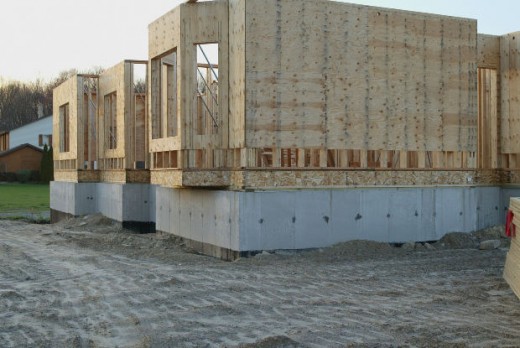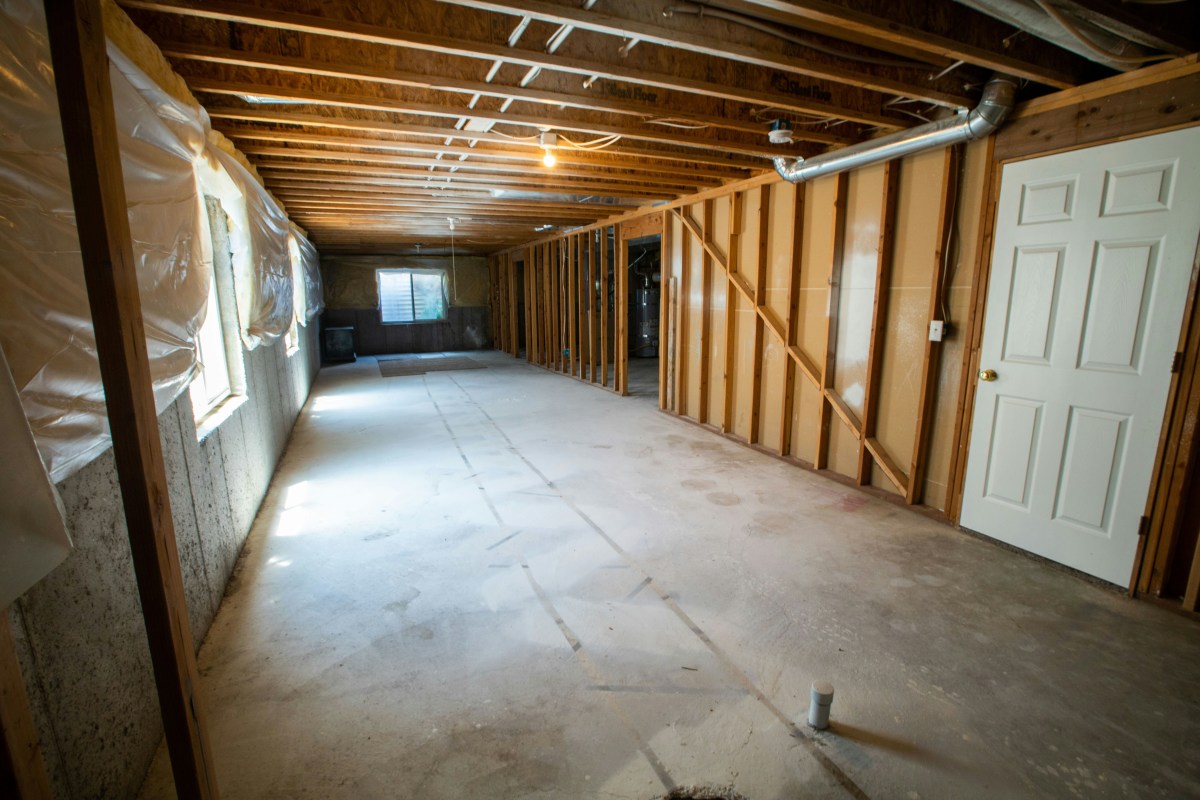Using a Builder to Build Your New Home
Building a new home is a notable milestone that deserves great reverence and planning. Many people simply contact a real estate agent and look for new developments within their price range. This approach, while accomplishing the task, does not take into account the family that will be living in the home. Each home buyer has a unique set of circumstances that should be taken into consideration during the decision making process.
Home building is more than choosing countertops and shrubs. The happy homeowner is the one who takes the time to make informed decisions about the biggest purchase they are likely to make in their lifetime. Before deciding on a builder and plan, it is important to do some background research.

New Construction Options
The first step on the road to a new home is to know what type of construction is available:
The first option is to buy a house that has already been built to spec. This means that all the finishes and trims are in and the buyer can tour the actual home as it will be purchased. This method has the fastest turn around since the home is already constructed.
The second option is to have a semicustom house built in a new development. This option offers a little more room for personalization of the home. Oftentimes a buyer can choose from available lots within the development to have the home built on. Builders allow the buyer to choose from a selection of available floor plans that have a palette of finishes, colors and styles that buyers can select. There are also upgrades that can be purchased that will further individualize the home, for a price of course. This method takes longer since the home is yet to be built.
The final option is to have a custom home built, either in a development or on a private lot. This is the most individualized option that allows for total customization of the home and its appointments. This is usually the most expensive and lengthy option.
Location
There are many considerations to be made when choosing a neighborhood. Since in most cases it will be a new development, it will likely be located some distance from the city center. The logistics bring up some interesting points that are often overlooked until after the deal is done. Here are a few things to look at:
Homeowners’ Association – HOA fees can be incredibly expensive in some new developments, while the rules could be rather strict. Each HOA will be different so prospective buyers need to check with the developer before-hand. Common HOA rules restrict paint color, fence types, landscaping and what can be placed in back yards. Many associations will assess substantial penalties for rule infractions.
Utility Availability – While the house will be “cable ready” the development may not. Cable ready simply means that the home is wired for cable. Buyers should research which cable and internet companies offer services in the target neighborhood. In some cases there will be no cable availability which means the home must rely on satellite for cable and internet.
Construction – Since the development is still being constructed new homeowners will be dealing with a lot of traffic and construction noise until the last home is built. This can sometimes be as long as several years.
Know Your Agent
Many buyers do not understand that the real estate agent actually is the agent for the builder. The agent is trying to sell a certain number of homes, not help you make the best decision for your family.
It is a good idea to contact a buyer’s agent who will have loyalties to you. This will ensure that your wishes and needs are taken into account. In most states the buyer’s agent will receive half of the commissions from the sale, so there is no expense to the buyer to enlist the aid of their own agent.
Helpful Information on Building Contractors
Know Your Builder
It is important to know the reputation of the builder. A little research upfront will give piece of mind that your new home will be quality constructed.
· Check with the Better Business Bureau for complaints against the company.
· Visit homes by the builder and ask owners how the home has weathered time.
· Ask your buyer’s agent about the builder’s reputation.
· Google the buyer’s company to get reviews and see if there have been any lawsuits.

Be Smart with Upgrades
It is common knowledge that builders make huge amounts on upgrades since the labor and parts are relatively cheap for them. There is a ginormous markup on upgrades and the price of the home can quickly exceed comparable properties in the neighborhood.
Buyers should create a list of desired upgrades and research to see if it would be cheaper to do the work after moving in. Another option is to use upgrades as a negotiating tool. While haggling over price, a buyer can often get upgrades thrown in at no cost to seal the deal. This is a great way to add value through upgrades without breaking the bank.
Information on Inspections
Inspections
New homes have gremlins and defects just like older homes. The sales contract should always be contingent on an inspection by a professional of the buyer’s choosing. Anything found by the inspector needs to be addressed and corrected to the buyer’s satisfaction prior to finalizing the sale.
Inspections can be done periodically throughout the construction of the home as well. Problems found during these inspections are sometimes easier to correct. If the builder is objectionable to these inspections, the buyer should beware and consider this a red flag. Municipal inspections are not as thorough as an inspection by a professional.
Home Warranties
While there is an implied warranty from the builder that provides for repairs of major defects in structural integrity, buyers should ask for a warranty that covers a specified time period after move in. These warranties are usually for one year or longer and can cover the structure and major systems and even some trim options. It is a good idea to have warranties reviewed by a buyer’s agent or real estate attorney to ensure the builder will be held liable for defects and craftsmanship.











